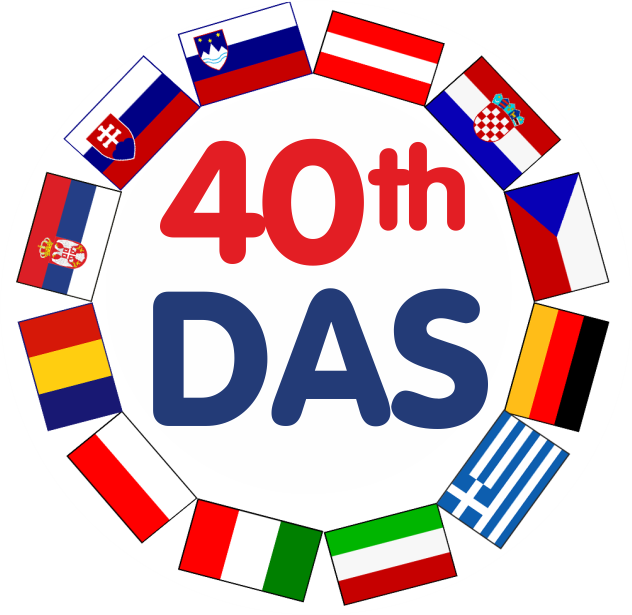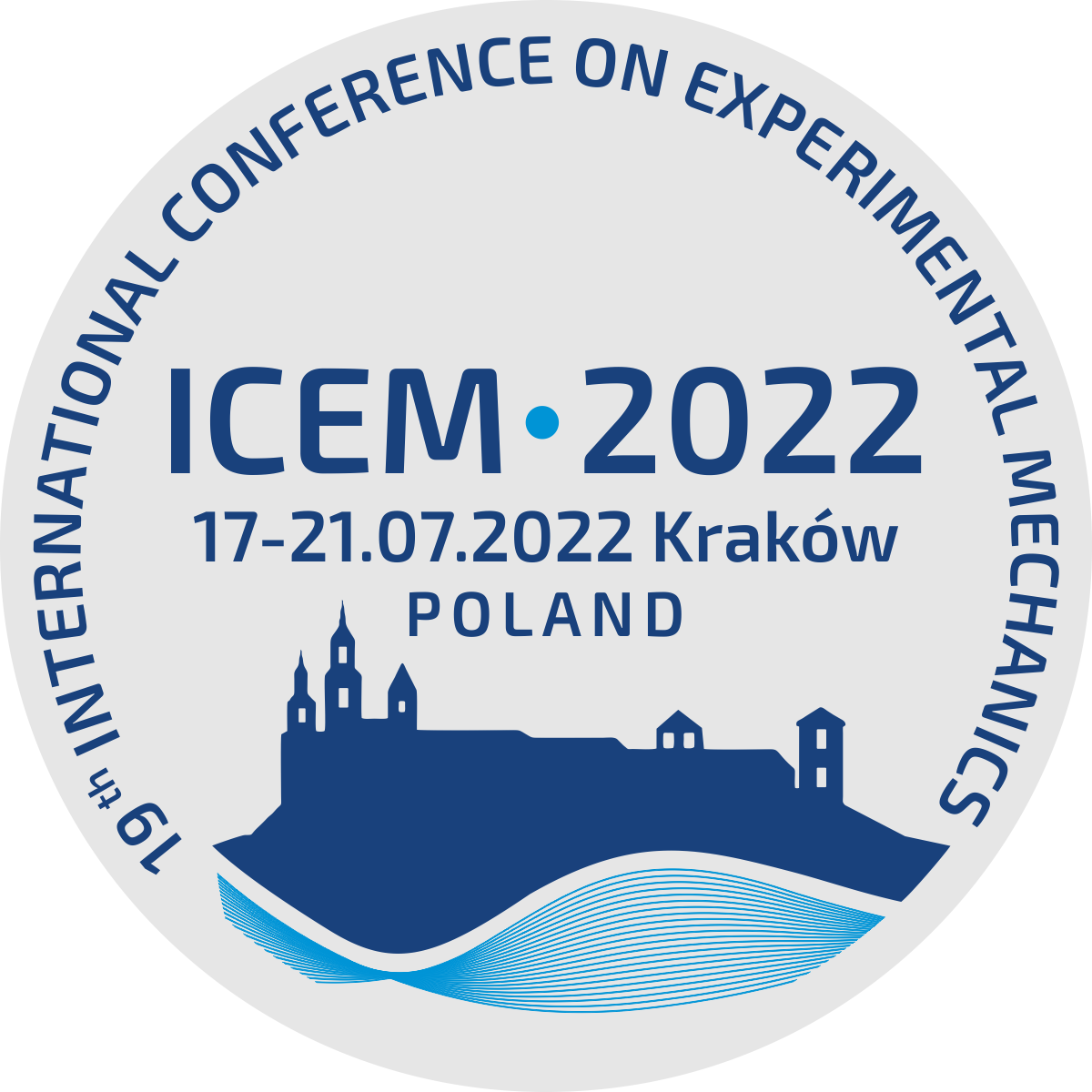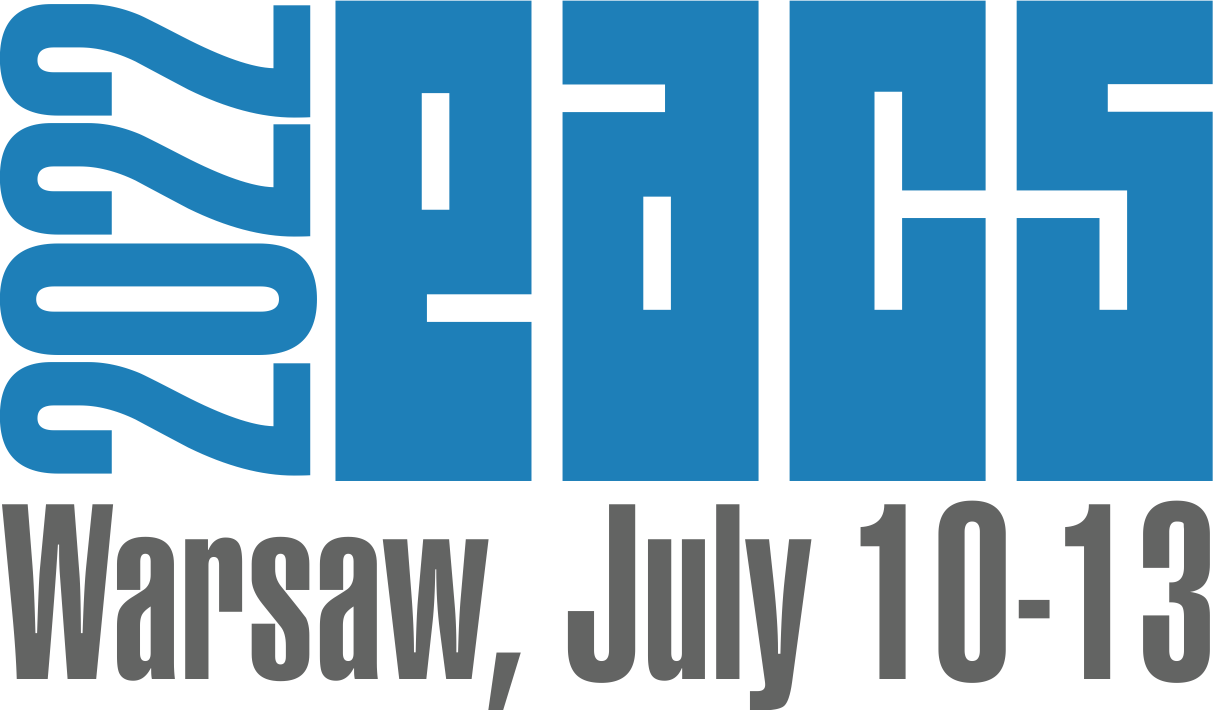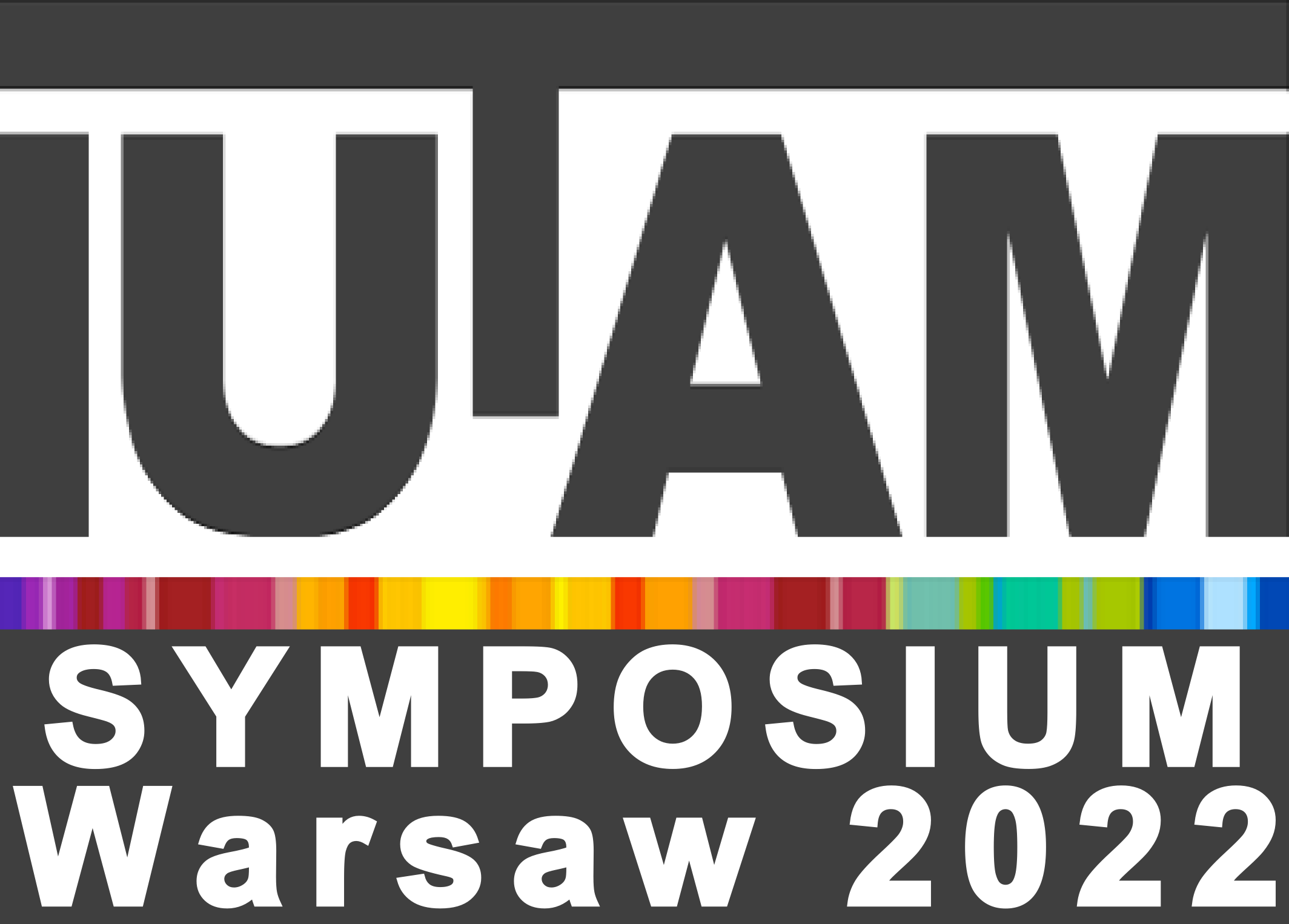| 1. |
Orthey J.♦, Angelo R.♦, Quantum realism: Axiomatization and quantification,
Physical Review A, ISSN: 2469-9926, DOI: 10.1103/PhysRevA.105.052218, Vol.105, No.052218, pp.1-15, 2022 Streszczenie:
The emergence of an objective reality in line with the laws of the microscopic world has been the focus of longstanding debates. Recent approaches seem to have reached a consensus at least with respect to one aspect, namely, that the encoding of information about a given observable in a physical degree freedom is a necessary condition for such an observable to become an element of the physical reality. Taking this as a fundamental premise and inspired by quantum information theory, here we build an axiomatization for quantum realism—a notion of realism compatible with quantum theory. Our strategy consists of listing some physically motivated principles able to characterize quantum realism in a “metric” independent manner. We introduce some criteria defining monotones and measures of realism and then search for potential candidates within some celebrated information theories—those induced by the von Neumann, Rényi, and Tsallis entropies. We explicitly construct some classes of entropic quantifiers, among which some are shown to satisfy all the proposed axioms and hence can be taken as faithful estimates for the degree of reality (or definiteness) of a given physical observable. Hopefully, our framework may offer a formal ground for further discussions on foundational aspects of quantum mechanics. Afiliacje autorów:
| Orthey J. | - | inna afiliacja | | Angelo R. | - | inna afiliacja |
|  | 100p. |
| 2. |
Orthey J.♦, Angelo R.♦, Nonlocality, quantum correlations, and violations of classical realism in the dynamics of two noninteracting quantum walkers,
Physical Review A, ISSN: 2469-9926, DOI: 10.1103/PhysRevA.100.042110, Vol.100, No.042110, pp.1-11, 2019 Streszczenie:
That quantum correlations can be generated over time between the spin and the position of a quantum walker is indisputable. The creation of bipartite entanglement has also been reported for two-walker systems. In this scenario, however, since the global state lies in a fourpartite Hilbert space, the question arises as to whether genuine multipartite entanglement may develop in time. Also, since the spatial degrees of freedom can be viewed as a noisy channel for the two-spin part, one may wonder how other nonclassical aspects, such as Bell nonlocality, Einstein-Podolsky-Rosen steering, quantum discord, and symmetrical quantum discord, evolve in time during the walk. The lack of analytical and numerical evidences which would allow one to address these questions is possibly due to the usual computational difficulties associated with the recursive nature of quantum walks. Here, we work around this issue by introducing a simplified Gaussian model which proves to be very accurate within a given domain and powerful for analytical studies. Then, for an instance involving two noninteracting quantum walkers, whose spins start in the singlet state, we quantify the aforementioned nonclassical features as a function of time, and evaluate violations of both realism and related aspects of locality. In addition, we analyze situations in which the initial two-spin state is affected by white noise. The typical scenario found is such that while genuine fourpartite entanglement increases over time, all the investigated nonclassical features vanish (suddenly or asymptotically) except realism-based nonlocality. Moreover, realism is prevented for all finite times. Our findings open perspectives for the understanding of the dynamics of quantum resources in quantum walks. Afiliacje autorów:
| Orthey J. | - | inna afiliacja | | Angelo R. | - | inna afiliacja |
|  | 100p. |





















